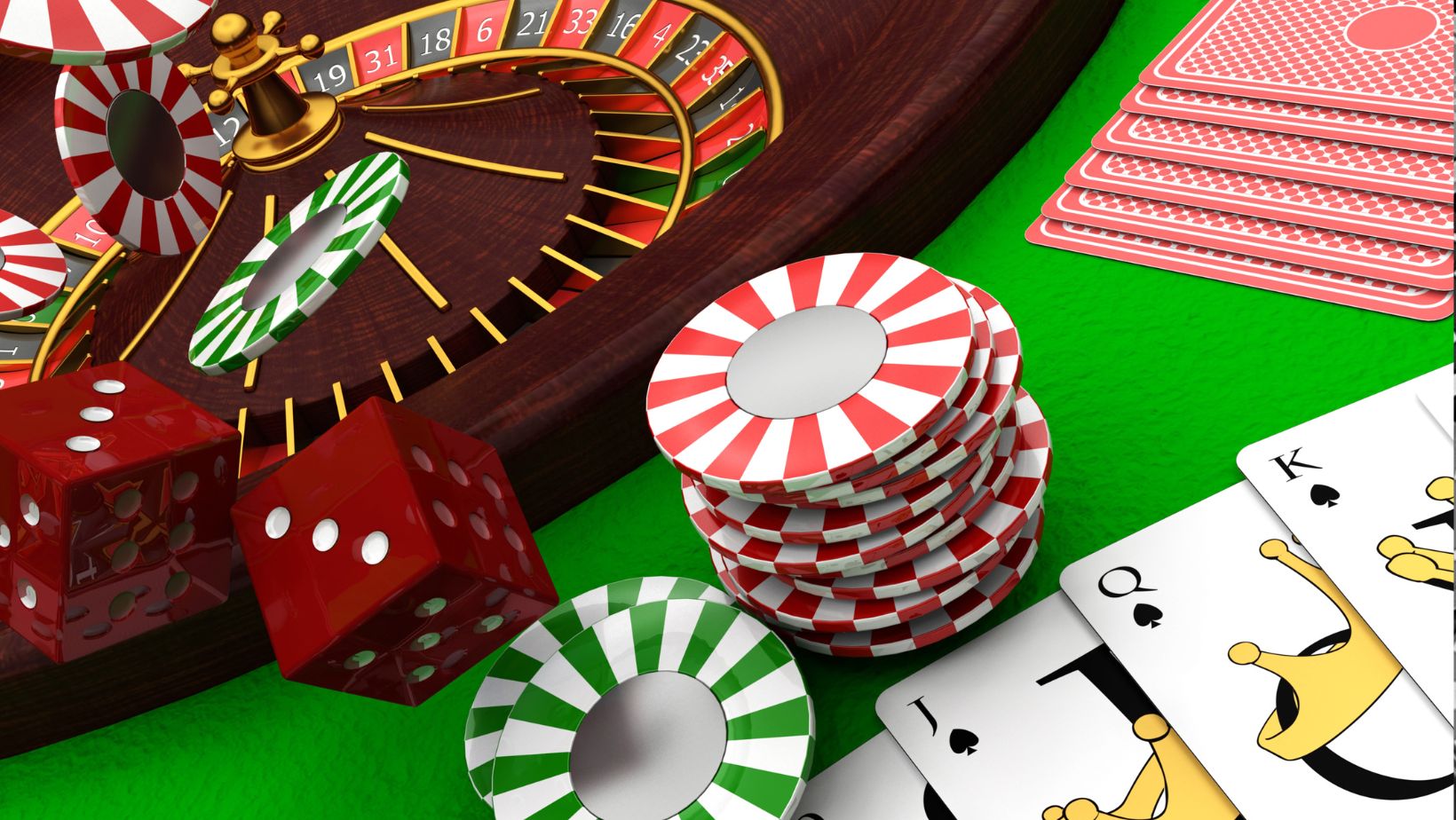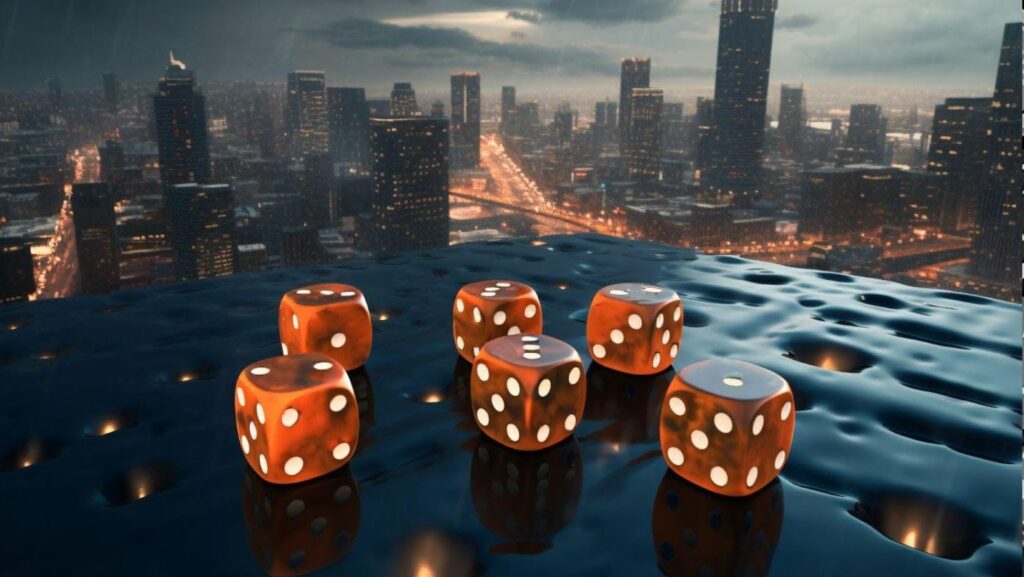Gambling is not just about betting. It is about how our brain works. It is a game with yourself, where you try to predict the future, calculate the risks and, of course, catch your luck. And here is where the most interesting part lies. Many of us are looking for thrills, and in this sense, platforms like Boomerang Österreich provide an ideal opportunity to get them in a safe, controlled environment.
Have you ever wondered why we like to take risks so much? When we place a bet and wait for the result, dopamine, the pleasure hormone, is released into the brain. It is like a small firework that makes us want more and more. But it is important to note here: this is not about a mindless race for this feeling, but about the ability to control it. This is, in fact, where the real game begins – a game with your own psychology.
Strategy
And you know what I noticed? People who succeed in gambling are not those who simply rely on luck. They are, if you like, psychologists and strategists rolled into one. For example, let’s take poker. The winner is not the one with the best cards, but the one who reads other players better. He analyzes their gestures, facial expressions, the speed of decision-making. It is, in fact, a whole performance where you try to understand what is on your opponent’s mind. That’s the trick. Luck is important, of course, but without a strategy it is worthless.
By the way, did you know that even seemingly simple games, like roulette, have their own strategies? For example, there are betting systems that help manage your bankroll and minimize risks. Honestly, there is not a single 100% winning strategy, but these approaches teach the most important thing – discipline. They force you not to rush headlong after each loss, but to stick to the plan. This, by the way, is a very valuable skill for any area of life.
Thinking traps and how to avoid them
Our brain is a complex thing, and it loves to deceive us. For example, there is an effect called the “gambler’s fallacy.” This is when you think that if red comes up five times in a row, then black will definitely come up next time. Simply put, we try to find a pattern where there simply is none. Gambling is a great example of how these cognitive distortions work.
Or here’s another example from life. One of my friends, an avid slots fan, once caught a rare bonus round. He was incredibly happy and decided that since he was so lucky, fortune would be on his side in the future. In the end, he bet much more than he planned and lost everything. This is, in fact, a classic example of how emotions take precedence over logic. This is the beauty and danger of gambling – it brings out all our psychological vulnerabilities.
Something more than just a game
When I think about a casino, another thing comes to mind. It’s basically a place where you can experience the whole range of emotions in a short time: from the joy of victory to the bitterness of defeat. It’s like a small, concentrated slice of life. And here it’s important to understand that losses are not the end of the world. To be completely honest, they are even useful. They teach us to cope with failures, analyze our mistakes and not give up.

I once read a study that said that people who play games with an element of risk cope better with stress in everyday life. Perhaps this is because they have already become accustomed to the fact that not everything always goes according to plan. In the end, that’s the whole point.
Betting in History and Culture
Have you ever thought that the theory of probability, which is a cornerstone of modern science, was born out of… gambling? In the 17th century, French mathematicians Blaise Pascal and Pierre de Fermat corresponded, trying to solve the problem of how to split the winnings in an interrupted game of dice. Their work laid the foundation for the theory of probability.
The first slot machines in the United States weren’t exactly about money. In the late 19th century, they dispensed not cash, but fruit gum. Different flavors corresponded to different symbols on the reels. So the cherries, oranges, and plums we know today are, in fact, the legacy of an old marketing gimmick.
Famous casinos like Monte Carlo in Monaco or Bellagio in Las Vegas have always been a place where the cream of society gathered, and along with them, intelligence agents. Just remember James Bond. His love for playing baccarat and poker is not just a fantasy. Casinos are the perfect place to spy and gather information.
And a cool fact to the end: the biggest lottery win ever was a whopping $2.04 billion. It happened in the US in 2022. Can you imagine what you would do with that amount?

